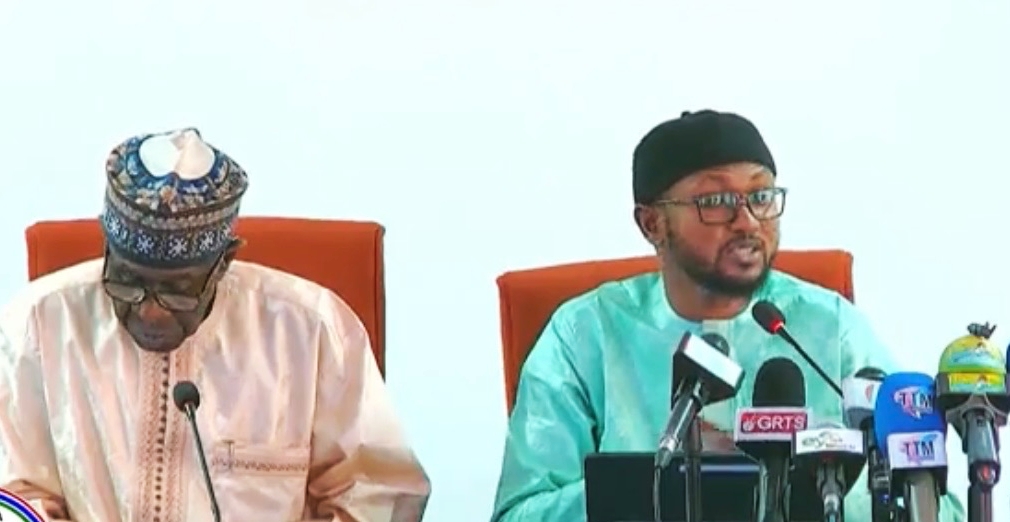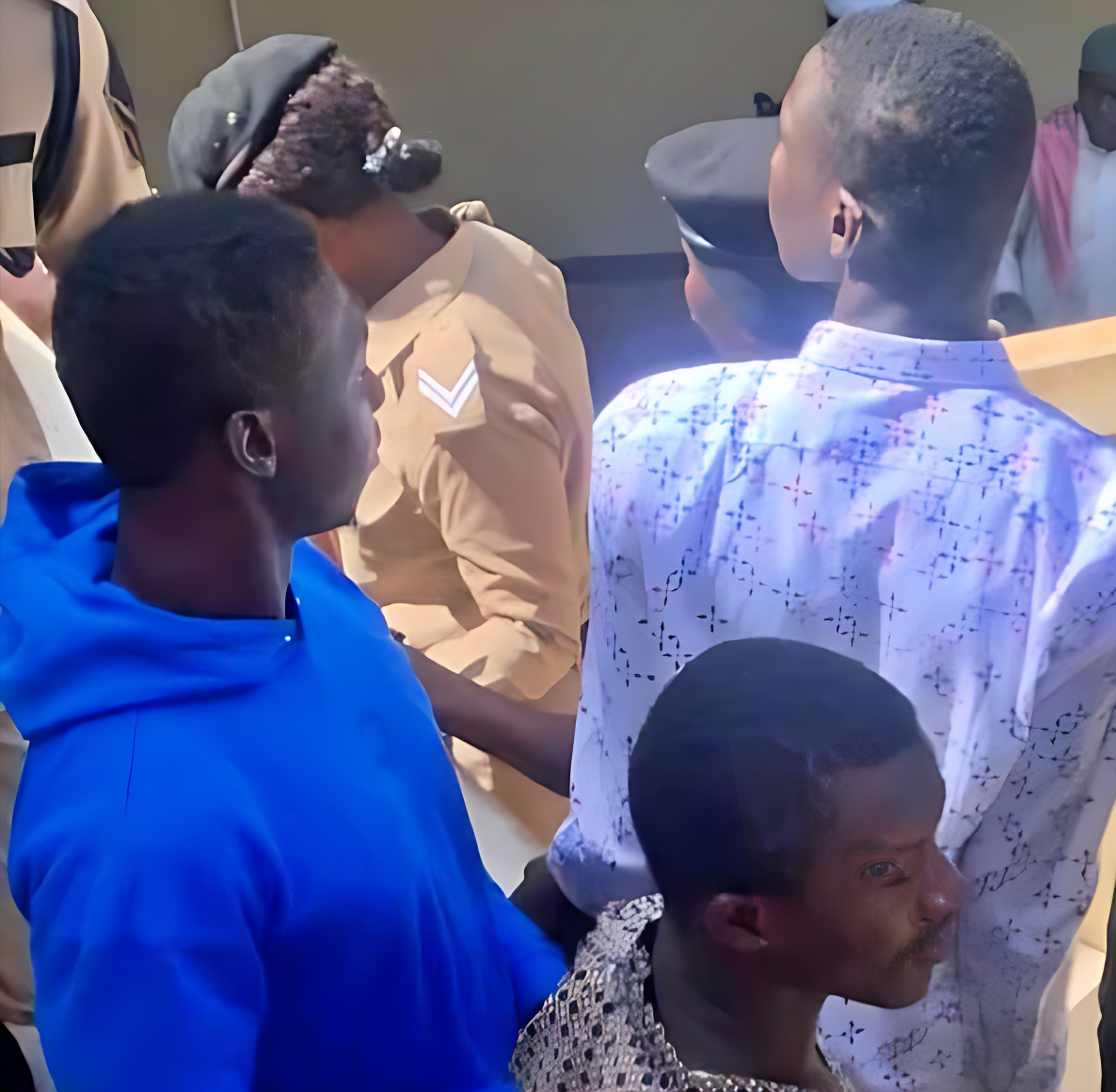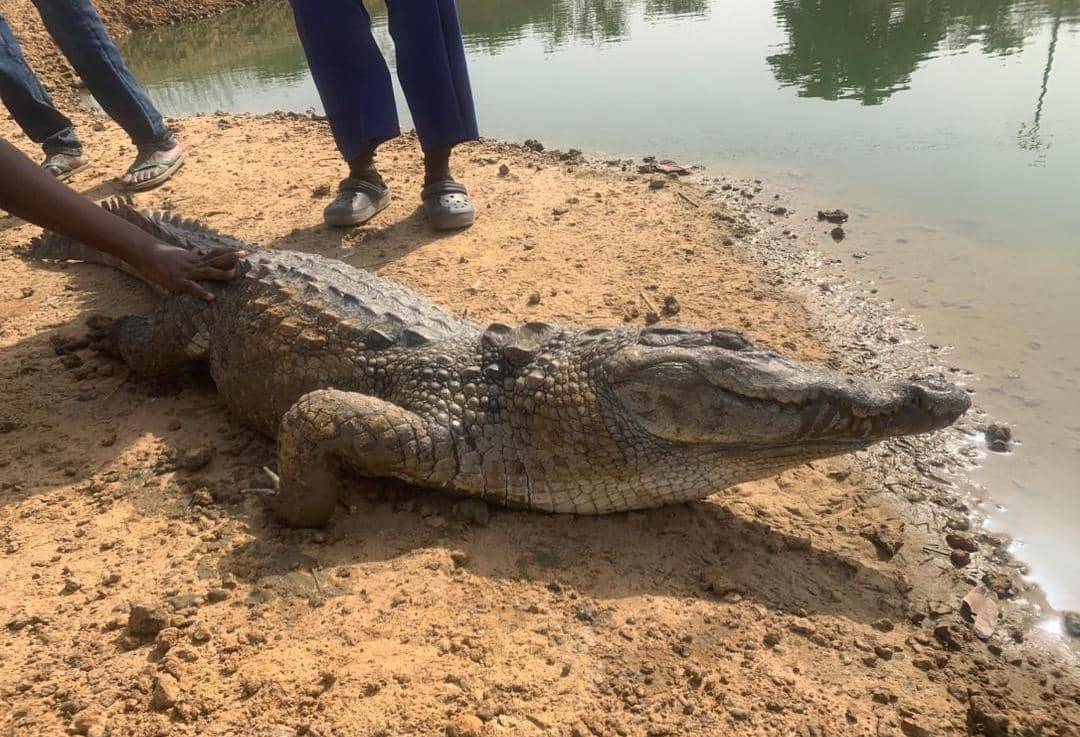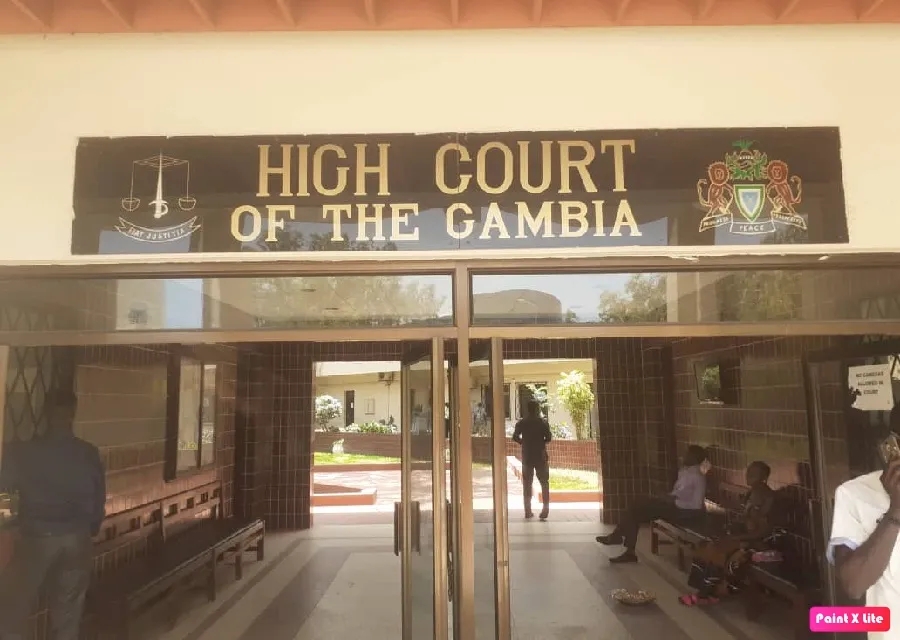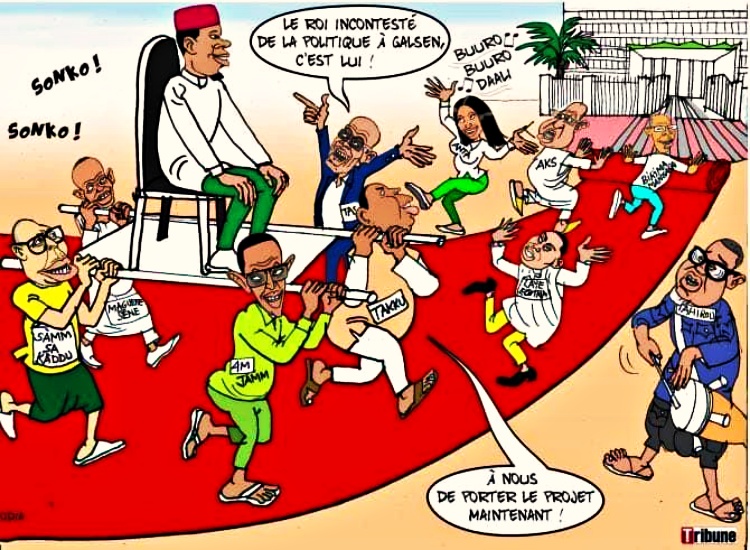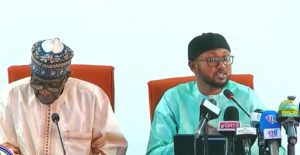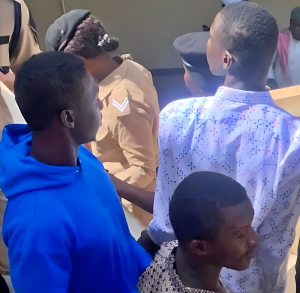Gambiaj.com – (BANJUL, The Gambia) – In 2012, Macky Sall ascended to Senegal’s presidency with a mission to consolidate power, swiftly implementing a policy of “reducing the opposition to its simplest expression.“
By neutralizing rivals, particularly the stalwarts of Abdoulaye Wade’s Senegalese Democratic Party (PDS), Sall sought to dismantle the political machinery that had defined Senegalese politics for decades. However, history’s pendulum swung back with force. Sall’s crusade inadvertently laid the groundwork for the emergence of Ousmane Sonko, a formidable figure whose ascendancy has now redefined Senegal’s political landscape.
The Unwitting Creation of a Political Adversary
Sonko’s ouster from the civil service in 2016, ostensibly for leaking confidential documents, marked the genesis of his transformation into a symbol of resistance against systemic oppression. What could have been a career-ending setback instead galvanized him, fueling his narrative as a champion of the disenfranchised.
This dismissal birthed Pastef (Patriots of Senegal for Work, Ethics, and Fraternity), a movement that transcended personal grievances to become a rallying cry for a generation seeking accountability, equity, and change.
Pastef’s meteoric rise culminated in its electoral triumph in March 2024, reshaping the National Assembly in November 2024. The once-dominant coalitions of Sall’s Alliance for the Republic (APR) and Wade’s PDS, which commanded over 100 seats in 2022, now hold a meager fifteen.
This collapse is not merely a testament to Sonko’s appeal but also to the inertia of the liberal establishment, plagued by infighting, irrelevance, and the retreat of its key figures.
The Decline of Senegal’s Liberal Old Guard
The liberal political elite finds itself in disarray. Karim Wade, long viewed as the heir to his father’s political legacy, is conspicuously absent from the scene.
Idrissa Seck, once a towering figure, now wields little influence, his presence reduced to the periphery. Calls for unity, such as those from Serigne Mbacké Ndiaye advocating a liberal coalition, have gone unanswered, as the liberal opposition appears more fractured than ever.
The PDS, once the bedrock of Senegalese liberalism, has devolved into a shadow of its former self. Divided by internal discord and drained of the resources that once fueled its electoral dominance, the party has lost its relevance in a landscape now defined by the progressive policies of Pastef and the systemic dismantling of the old guard.
The “Demackization” of Senegalese Politics
Central to this seismic shift is the process of “demackization“—the systematic removal of Macky Sall’s allies and structures from power. Key institutions, such as the Economic, Social, and Environmental Council (CESE) and the High Council of Local Authorities (HCCT), have been abolished for their perceived roles in perpetuating clientelism and inefficiency.
This purge, led by figures like Ousamne Sonko and Bassirou Diomaye Faye, represents a deliberate effort to dismantle the old patronage networks and establish a political framework that prioritizes meritocracy over loyalty.
This restructuring has left many liberal politicians without a foothold. Stripped of their positions and influence, they face an uncertain future, with diminished financial and political clout. The liberal machine that once dominated Senegalese politics has sputtered to a halt, its remnants scattered amidst legal challenges and factional disputes.
The End of an Era
The liberal era in Senegalese politics, defined by Wade’s grand vision and Sall’s strategic consolidation, appears to have reached its denouement.
Pastef’s ascendancy signals a paradigm shift, as the old elite is supplanted by a new political order driven by grassroots mobilization and a commitment to reform. Sonko’s rise is both a product of Macky Sall’s overreach and a reflection of Senegal’s yearning for renewal—a dramatic reversal of fortunes that underscores the cyclical nature of political power.
As the liberal family gasps its final breaths, the question remains: will Pastef learn from the mistakes of its predecessors, or will it too succumb to the hubris of power? The answer will shape the next chapter of Senegal’s political history.



